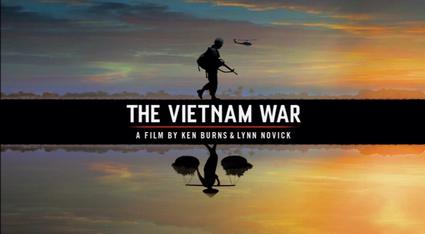Let the cameras roll.
Film is a powerful medium. For some, film changes lives, while for others, movies lend dialogue to some of life's most interesting situations. I can't count how many times I've quoted my favorite films – whether being serious or just for fun – in life's more peculiar moments. I imagine it's this impact – among other things – that draws many to the art.
However, before you whip out your smartphone and hit record, there are a few things or methods you might want to consider (based on the experience of this Johns Hopkins film intern) about what goes into a great film.
Now, this intern's story and experience has been previously published, but to respect his privacy, I'm not going to use real names. For the sake of this article, let's just call the intern "Jared."
His internship was with the Ken Burns film production company, Florentine Films, which has a large office in New Hampshire and a small six-person office in New York City, where Jared worked. There, he had the opportunity to work on the highly regarded 10-part television documentary, The Vietnam War.

Among the many positive things Jared had to say, he said he appreciated that they consider themselves to be historians first and filmmakers second, which meant he was tasked with some pretty intensive research.
In his experience, he wrote about how he was asked to familiarize himself with books like Tim O’Brien’s The Things They Carried, Neil Sheehan’s The Bright Shining Lie, and Michael Herr’s Dispatches. Then he had to familiarize himself with Vietnam-related films like Apocalypse Now, Platoon, Deer Hunter, and Full Metal Jacket, and of course Burns' previous documentaries.
But that was just the beginning. He worked in the New York Public Library's Microfilm Archives and Rose Reading Room, seeking news, old photographs, journals, and more. Then he went through the Florentine archives transcribing interviews with POWs, an ex-Marine suffering from PTSD, a mother who lost her son, and a Pulitzer Prize-winning photographer.
The idea was to compile all of these resources into one central location.
Needless to say, his experience was just as much of a history deep-dive as much as it was a film project. How's that for keeping things interesting at work?
"I had a fantastic time working at Florentine this summer," he said. "I learned extremely valuable skills. In addition to gaining experience with databases, libraries, newspaper archives, transcription of film, basic editing, and microfilm techniques, I learned the importance of resourcefulness, organization, diligence, and dedication."
What are your thoughts? Have you seen this documentary? What did you think about it? Let us know in the comments section.
